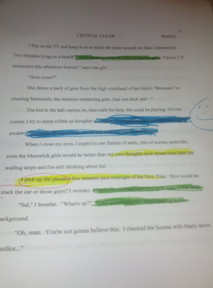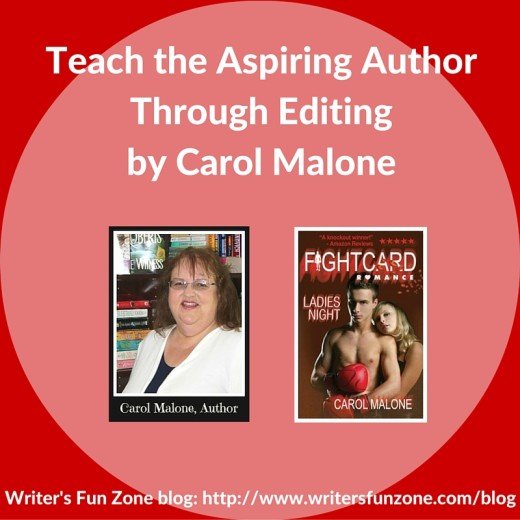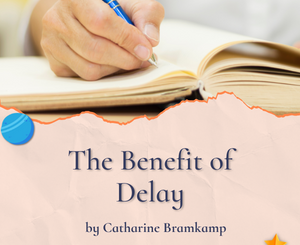Be a Game-Changer by Wyatt Bessing
 Welcome back to our monthly columnist, Wyatt Bessing. A writing coach and teacher, author, as he shares with us “Be a Game-Changer.” Enjoy!
Welcome back to our monthly columnist, Wyatt Bessing. A writing coach and teacher, author, as he shares with us “Be a Game-Changer.” Enjoy!
***
Do you dread editing?
Some writers enjoy the process of rereading and combing through each word, looking for ways to strengthen sentences, remove extraneous detail, sharpen plot and develop characters. But for many it’s pure torture. Editing can feel like it lacks the punch and excitement of the initial writing, too analytical and uncreative.
I often fall in the latter camp, but with this game I open up the playful energy that makes writing fun. It’s best if you use a manuscript or section of a story you haven’t looked at in a while (at least a week). This way you’ll be coming to the game with fresh eyes. Of course, this could also be an interesting way to respond to someone else’s work, if you’re lucky enough to belong to a critique group.
Here’s how to be a game-changer:
Equipment Needed:
Three colored pens, pencils or crayons – red, yellow, blue.
Your manuscript’s first draft, at least three pages.
First, read through your pages once without marking anything. Notice where you feel the most energy, the most suspense. Try to imagine your characters as you’ve described them.
Then read through again. This time, you’re going to color your words.
Highlight in blue wherever you start to get lost in extra details. This might just be a few words that go too far. Often this will require trim details or adding characterization. For example, my long scene describing a return to a childhood backyard was meant to be emotionally stirring for my protagonist, but without his response it reads as bland description.
Use green when your words fall flat and sound too ordinary. In my story, I describe water as blue and sand as gold, but I could turn those into more vivid and unusual images. I change it to: “You could almost feel the bracing cold of the water against the too-bright sand.”
Yellow stands for confusing or contradictory ideas. For example, I had a character frightened of a new technology in one paragraph but suddenly turning around in the next paragraph to embrace the technology without transition or character development.
Here’s where the game comes in. Choose three different passages in your manuscript, one of each color you highlighted. For each passage, roll a die and consult the table below. You may modify the table, of course, to suit your own needs.
Finally, do the suggested edit!
Roll:
1 Add an unusual metaphor or simile.
2 Take out unnecessary words.
3 Alter sentence length to make a quick declaratory statement or rhythmic expansion.
4 Increase tension.
5 Add dialogue.
6 Add a sensory detail.
I roll a 4 for my blue section – increase tension. Instead of a detached description, I’m going to put my protagonist in that backyard scene, having a panic attack. Now I roll a 2 for my green section – cut words! Let’s work on that sentence some more. “You could almost feel the bracing cold of the water, against the too-bright sand.” Finally, my yellow section gets a 1 on the die – a metaphor or simile. My too-swiftly changing character (a physical therapist), upon hearing about his implant, will now look at himself the same way he once looked at his clients, as a mystery to be solved. He knows something’s wrong, and is determined to solve the problem.
Editing is tough work, no doubt about it. It requires attention to detail, but also an awareness of the interesting possibilities. A game like this can wake up your mind and keep you focused on specific language and craft as you edit.
Have fun working on that next draft!
***
ABOUT THE AUTHOR
Wyatt Bessing is a writer, writing coach, and learning specialist. His stories and essays have appeared in Bedtime-Story.com, Outsider Ink, national educational assessment materials, and in the anthology Dance, Human Rights, and Social Justice. Through his workshops, website, and blog at wyattgbessing.com, he guides new and experienced writers in crafting more effective, expressive, and striking work. During the day, he works at Star Academy in San Rafael, teaching reading and comprehension skills to students with learning differences in elementary through high school. He lives in Santa Rosa, CA with his wonderful fiancee and co-creator, Sarah Laugtug.








I am in the throes of editing a 150K word manuscript. I don’t dread it in the slightest. I wrote a chunk of it during NaNoWriMo and it pained at times to leave things as they were to keep going and get that draft finished. In the editing process I get to go back and satisfy the cravings to replace that yucky word or find that side comment that says “MORE DETAIL!” and make it happen.
I like the idea of color coding for the types of edits you are making. I’m going to try it!
Thanks for the comment, Hugh! I think the color adds a flash of fun and a visual reminder of the mood I’m trying to create. Congratulations on keeping the craving for the perfect words alive! Best of luck on finishing your edits.